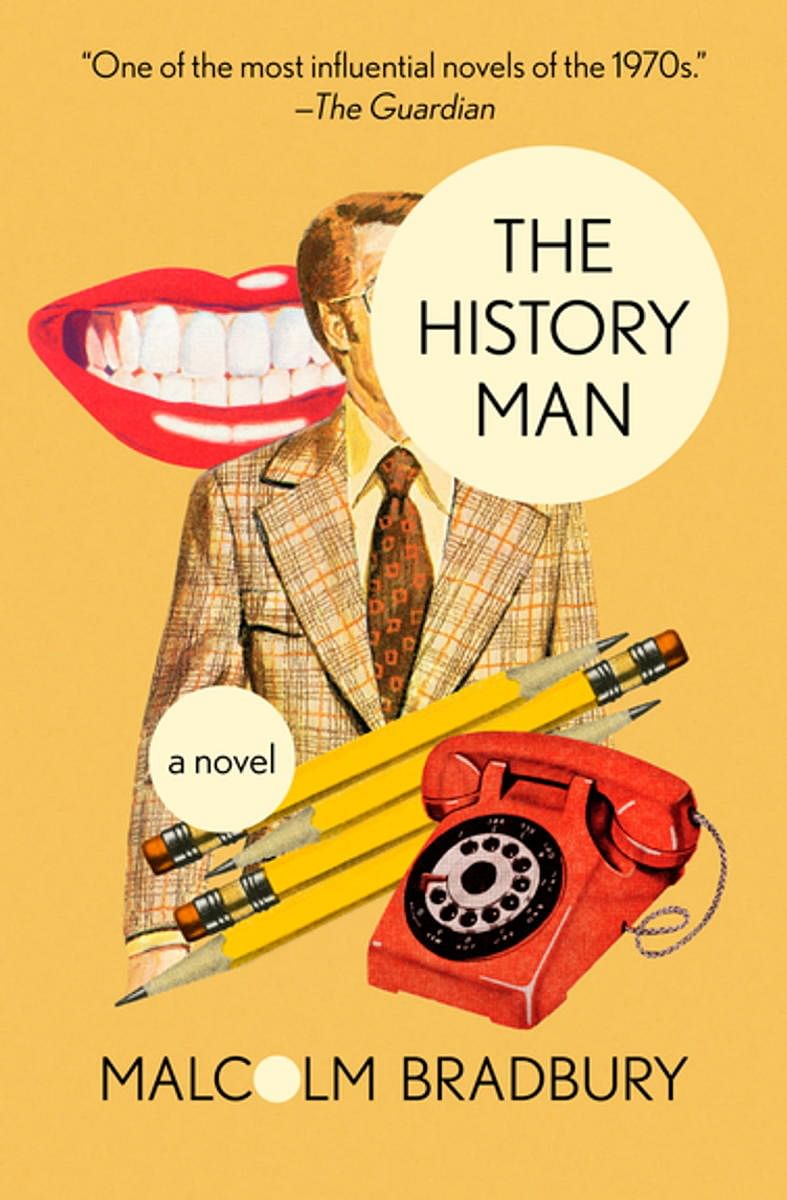
When I recently read Joshua Cohen’s slyly comic 2021 work, The Netanyahus, I wondered if the campus novel would ever die. Cohen’s is just the latest in a genre that never fails to give writers room to explore all manner of themes. In The Netanyahus, these are broadly American-Jewish cultural, political and class conflicts set against the backdrop of a fictional university named Corbin College at the start of the 1960s.
In the case of Malcolm Bradbury’s The History Man (published in 1975), the subject is radical left-wing politics and that novel was set a decade later than Cohen’s book. The action takes place in England at the fictional University of Watermouth, not one of the legacy academic institutions in a country that heaves with them but a relatively new and modern redbrick university.
Bradbury himself was an academic (legendary among writing circles for setting up the famed creative writing department at the University of East Anglia that boasts Ian Mcewan and Kazuo Ishiguro among its alumnae). So the various psychological, socio-political and human struggles that propel life on campus were familiar to him. The time period The History Man is set in — the Vietnam War is raging halfway across the world and universities are a bubbling cauldron of student activism — afforded Bradbury the chance to examine the affectations of both the academic class and students as they adopt the various -isms of the age (Marxism, Maoism, Liberal Humanism, and various combinations of these) and find causes to espouse and oppressions to protest.
The Kirks — Howard and Barbara — are the main protagonists of The History Man. Howard is a sociology PhD who teaches at the university and sleeps with undergrads and colleagues. Barbara is as devoted to radical causes and politics as Howard, but she doesn’t have a career like her husband and has to juggle the demands of motherhood (they have two children and Howard might be a radical left-winger but he barely shares parental responsibilities with his wife). Through this marriage which is clearly straining at the edges, Bradbury exposes the hypocrisies of radical politics and the blindspots of ideologues. They might be striving to realise a better world with their progressivism, but they often fall disappointingly short in their lived realities. The History Man begins with the Kirks planning a party at their house at the start of the new academic year. The Kirks have been known for these dos since they arrived at the university — this year, however, new and old tensions come to the fore. Their marriage becomes an arena where each tries to get the upper hand over the other.
When The History Man came out, the progressives who Bradbury satirised in the book were not happy with the way he’d portrayed the fragility of their politics. But over time the book has earned its reputation for being a fearless (and extremely funny) look at how human beings deceive each other and themselves to gain power in any situation. Reading it now, you realise that the fashions may have changed and the -isms driving campus debates may have evolved, but the essential power plays that animate life in academic environments remain as inspiring to contemporary writers as they were to Bradbury half a century ago. The campus novel is unlikely to die anytime soon.
The author is a writer and communications professional. When she’s not reading, writing or watching cat videos, she can be found on Instagram @saudha_k where she posts about reading, writing, and cats.
That One Book is a fortnightly column that does exactly what it says — it takes up one great classic and tells you why it is (still) great.